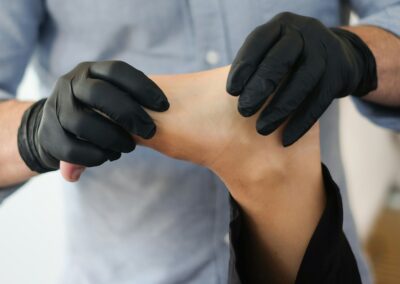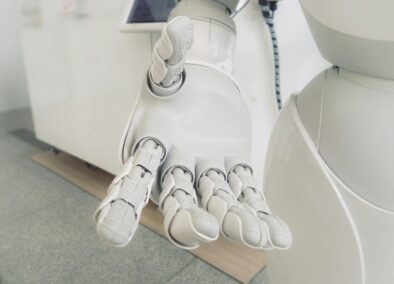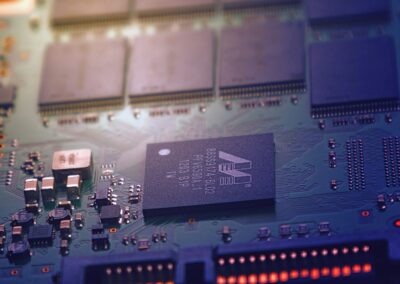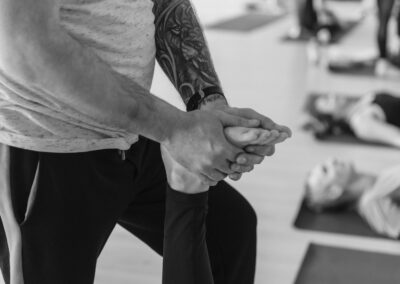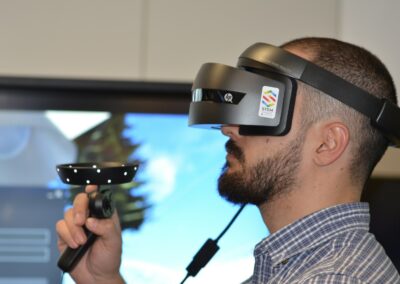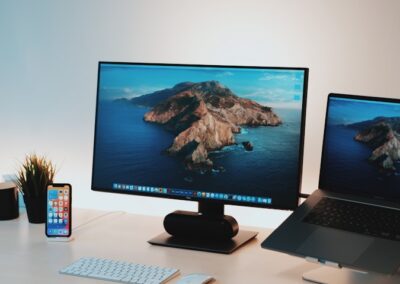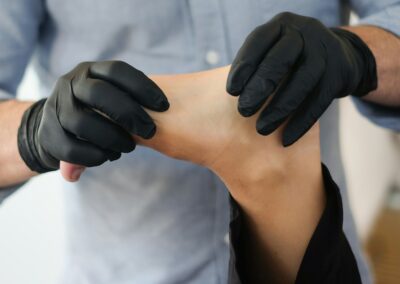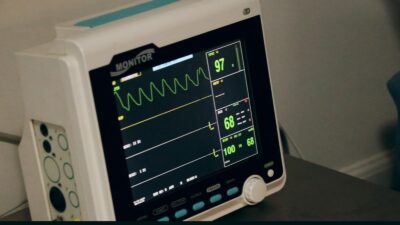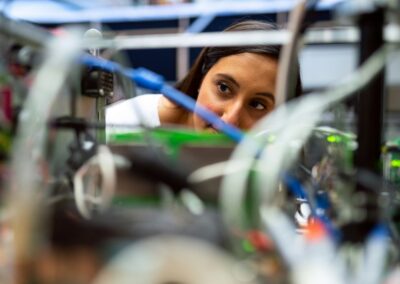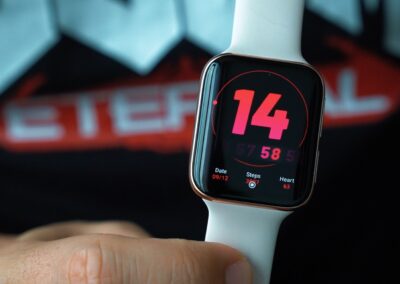Transforming Healthcare with Virtual Reality
Introduction to VR Fitness Programs in Healthcare
The use of VR fitness programs in healthcare is rapidly transforming how rehabilitation and physical therapy are delivered, providing innovative and immersive solutions that enhance patient outcomes. Virtual Reality (VR) technology creates simulated environments that can be used to guide patients through therapeutic exercises and activities. This approach not only makes therapy more engaging but also allows for personalized and precise treatment plans. In regions like Saudi Arabia and the UAE, where healthcare innovation is a priority, VR fitness programs are becoming an essential component of modern healthcare services.
In Saudi Arabia, VR fitness programs can significantly improve the quality of rehabilitation services. For instance, patients recovering from surgeries or injuries in Riyadh can use VR to perform exercises in a controlled and motivating environment. This technology enables therapists to monitor patient progress in real-time and adjust the therapy as needed, ensuring optimal recovery. Additionally, VR can be used to simulate real-life scenarios that patients might encounter, helping them regain their functional abilities more effectively.
Similarly, in Dubai, known for its advanced healthcare infrastructure, VR fitness programs can enhance physical therapy services. Patients undergoing rehabilitation can benefit from VR’s ability to provide a diverse range of exercises tailored to their specific needs. This not only improves patient engagement but also increases the effectiveness of the therapy. VR can also be used to address mental health aspects of rehabilitation, such as anxiety and depression, by offering calming and therapeutic virtual environments.
Enhancing Patient Engagement and Recovery
The primary advantage of VR fitness programs in healthcare lies in their ability to enhance patient engagement and recovery. By providing interactive and immersive experiences, VR ensures that patients remain motivated and committed to their rehabilitation programs. In Riyadh, for example, hospitals and clinics can use VR to create gamified therapy sessions that make exercises more enjoyable. Patients can participate in virtual games that require them to perform therapeutic movements, turning their recovery process into a fun and rewarding experience.
Moreover, VR technology can provide personalized feedback and progress tracking, helping patients stay informed about their recovery journey. In Dubai, rehabilitation centers can implement VR systems that offer real-time data on patient performance, enabling therapists to make data-driven decisions about treatment plans. This level of personalization and precision enhances the overall effectiveness of the therapy and ensures that patients achieve their recovery goals more efficiently.
VR fitness programs can also address the challenges of remote healthcare by offering virtual therapy sessions. Patients who are unable to visit clinics regularly due to geographical or mobility constraints can benefit from VR’s remote capabilities. Therapists can conduct virtual sessions where they guide patients through exercises and monitor their progress in real-time. This not only improves access to rehabilitation services but also ensures continuity of care, which is crucial for successful recovery.
The Future of VR Fitness Programs in Healthcare
The future of VR fitness programs in healthcare is promising, with continuous advancements in technology paving the way for even more innovative solutions. The integration of generative artificial intelligence (AI) with VR will further enhance the capabilities of these systems, providing highly personalized and adaptive therapy experiences. In Saudi Arabia and the UAE, where healthcare innovation is a key driver of economic growth, the adoption of advanced VR technology in rehabilitation and therapy is expected to increase, bringing numerous benefits to the sector.
One exciting development is the use of VR for cognitive rehabilitation. Patients with neurological conditions such as stroke or traumatic brain injury can use VR to engage in cognitive exercises that stimulate brain function and improve mental agility. These exercises can be tailored to the specific needs of each patient, ensuring a targeted and effective approach to cognitive rehabilitation. For instance, a patient in Riyadh recovering from a stroke can use VR to participate in memory games and problem-solving tasks that aid in their cognitive recovery.
Additionally, VR fitness programs can be used to promote overall wellness and preventive healthcare. In Dubai, wellness centers can implement VR systems that offer virtual fitness classes, yoga sessions, and meditation practices. These programs can help individuals maintain their physical and mental health, reducing the risk of chronic conditions and enhancing their quality of life. The immersive nature of VR makes these wellness programs more engaging and effective, encouraging individuals to adopt healthier lifestyles.
In conclusion, the implementation of VR fitness programs in healthcare represents a significant advancement in rehabilitation and physical therapy, offering innovative and immersive solutions that enhance patient outcomes. By leveraging advanced technologies and focusing on patient engagement, VR transforms the way rehabilitation services are delivered, making them more effective and enjoyable. As technology continues to evolve, the potential for VR to revolutionize healthcare is immense, promising exciting opportunities for innovation and growth in Saudi Arabia, the UAE, and beyond.
#VRFitnessPrograms #HealthcareInnovation #VirtualRealityTherapy #RehabilitationTechnology #ModernHealthcareSolutions #SaudiArabia #UAE #Riyadh #Dubai #BusinessInnovation #AIinHealthcare


